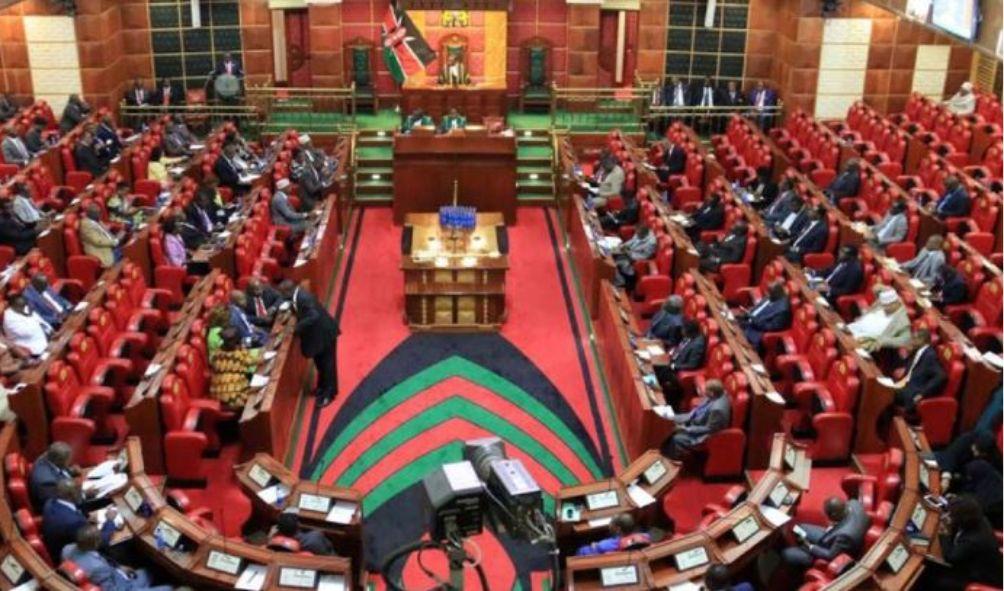Senate Passes Affordable Housing Bill
The Senate on Tuesday evening passed the Affordable Housing Bill, paving the way for it to make its way to President William Ruto’s desk.
In a significant legislative victory for the Kenya Kwanza government, the bill which has faced considerable opposition, particularly from lawmakers in the opposition camp, received 27 votes in favor, with only 10 senators rejecting it.
There were no abstentions recorded during the proceedings.
The breakthrough came after Senate Majority Leader Aaron Cheruiyot moved that the legislation be read for a third time, a move that ultimately secured its passage through the chamber.
The bill had encountered legal hurdles earlier, with the High Court in Kisumu intervening in the process.
The ruling from the court absolved Parliament of any wrongdoing in the conduct of public participation regarding the bill. The court’s decision cleared the path for the Senate to consider the legislation without any impediment.
“The court’s ruling validates the comprehensive approach taken by Parliament in ensuring public participation,” remarked Majority Leader Kimani Ichung’wah. “It underscores the necessity of effective engagement with the public in shaping legislation that impacts their lives.”
The Affordable Housing Bill seeks to formalize a 1.5 percent housing levy on both salaried and income-earning Kenyans.
ALSO READ:
- “Two Groups, One Agenda”: Gachagua Accuses Raila of Secret Political Deals
- Exclusive: Ida Odinga’s 75th Birthday Party in Karen (Photos)
- FKF President Discloses Exact Amount Paid to Harambee Stars Players
- Gachagua’s Ally Senator John Methu Admits Ruto Might Win 2027 Elections
- Maraga Explains Why He Hasn’t Campaigned in Kisii Despite 2027 Bid
This levy aims to generate funds for affordable housing initiatives nationwide. The bill had previously passed through the National Assembly amid scenes of contention, including a mass walkout by opposition MPs.
In its judgment, the High Court emphasized the importance of robust public participation in the legislative process, highlighting its role in prioritizing people-centered developments and legitimizing government actions.
Lawrence Omule Apiyo, acting as the petitioner in the court case, had challenged the adequacy of public participation in the bill’s formulation. However, the court ruled that the National Assembly had conducted effective and constitutionally compliant public engagement on the matter.
“The court’s ruling affirms that the public had ample opportunity to contribute to the development of this legislation,” stated Apiyo. “While we may have had concerns about the process, it’s clear that the court has validated Parliament’s efforts in this regard.”
The National Assembly defended its handling of public participation, citing extensive efforts to engage with citizens beyond the submission of memoranda. The court agreed that the petitioner’s case was premature, as it assumed a narrow interpretation of public participation methods.
The Affordable Housing Bill will now head to President Ruto’s desk. Once he appends his signature it will become law.
Senate Passes Affordable Housing Bill
